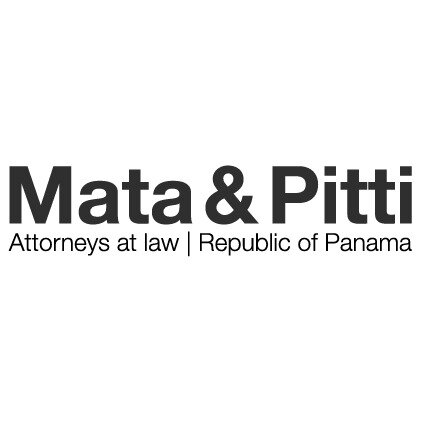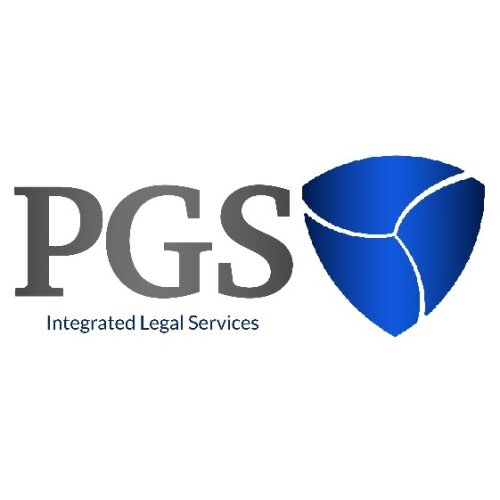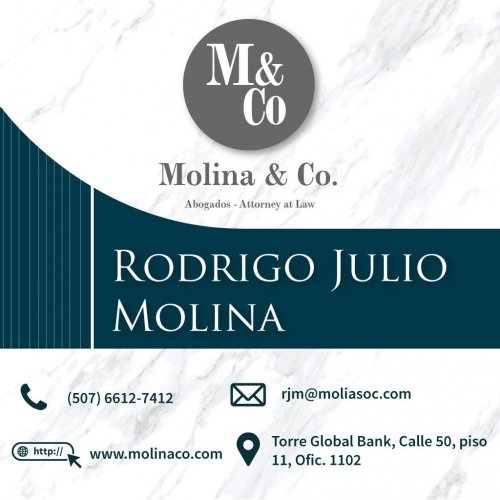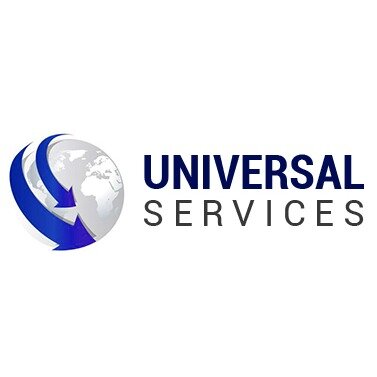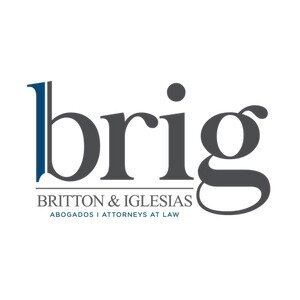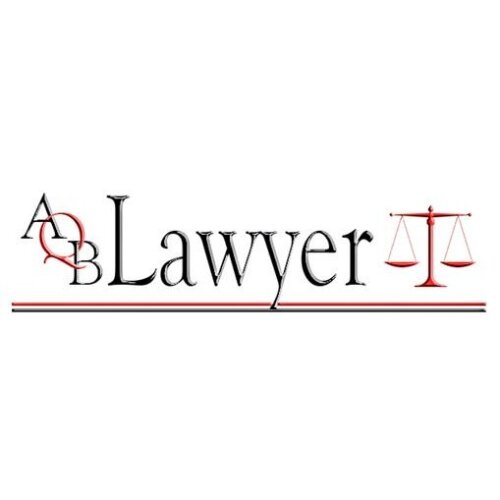Best Structured Finance Lawyers in Panama
Share your needs with us, get contacted by law firms.
Free. Takes 2 min.
Or refine your search by selecting a city:
List of the best lawyers in Panama
About Structured Finance Law in Panama
Structured finance is a specialized area of finance that involves the pooling of financial assets and the issuing of securities backed by those assets. In Panama, structured finance plays a critical role in both the banking sector and capital markets. The country has developed a sophisticated legal and regulatory framework to facilitate various forms of structured finance transactions, including securitizations, project finance, syndicated loans, and the issuance of asset-backed securities. These structures are often used to provide financing for infrastructure, real estate, energy projects, and corporate acquisitions, leveraging Panama’s position as a regional financial hub.
Why You May Need a Lawyer
Structured finance transactions are complex and require extensive legal oversight. Common reasons you may require legal assistance in Panamanian structured finance include:
- Structuring and negotiating the terms of asset-backed or mortgage-backed securities - Ensuring compliance with Panamanian regulatory requirements for public and private offerings - Drafting and reviewing loan agreements, trust structures, and credit enhancement documents - Providing guidance on cross-border transactions and international tax implications - Navigating due diligence, disclosure requirements, and reporting obligations - Resolving disputes that arise during the life of the transaction or following default - Advising on restructuring or refinancing of existing structured finance deals
Engaging a legal expert can help protect your interests, ensure proper risk allocation, and guide you through the legal complexities of structured finance in Panama.
Local Laws Overview
Panama’s legal framework for structured finance is robust, with several key features that make it attractive for local and international investors:
- Panama operates under a civil law system, and its financial sector is regulated by entities such as the Superintendence of Banks and the Superintendence of the Securities Market. - The Securitization Law (Law No. 67 of 2011) provides the foundation for the creation and offering of asset-backed securities. - Trusts (fideicomisos) are widely used for asset segregation and protection in structured finance deals. - Regulations ensure clear mechanisms for credit enhancement, bankruptcy remoteness, and separation of assets from the originator’s balance sheet. - Approval and registration processes must be followed for public offerings, while private placements may involve different compliance requirements. - Anti-money laundering and taxation regulations are strictly enforced and must be considered in every transaction.
These legal standards help maintain stability and investor confidence in Panama’s structured finance market.
Frequently Asked Questions
What is structured finance and how is it used in Panama?
Structured finance involves the pooling of assets and issuance of securities based on those assets. In Panama, it is commonly used for raising capital, managing risk, and financing major infrastructure or development projects.
Who regulates structured finance transactions in Panama?
The Superintendence of Banks oversees banking-related transactions, while the Superintendence of the Securities Market supervises public offerings of securities, including those resulting from structured finance.
What types of assets can be securitized in Panama?
Commonly securitized assets include mortgages, loans, receivables, leases, and sometimes infrastructure-related income streams. However, assets must comply with regulatory requirements for transparency and legal transfer.
Do structured finance transactions require public registration?
Public offerings of asset-backed securities require registration with authorities. Private placements may be exempt from some registration requirements but must still comply with anti-money laundering laws and provide investor protections.
How are trusts used in structured finance in Panama?
Trusts are used to hold the assets backing securities separately from the sponsor’s balance sheet. This ensures bankruptcy remoteness, protecting investors from the sponsor’s insolvency risks.
Are there tax implications for structured finance deals?
Yes, structured finance transactions may have tax implications, including income taxes and stamp duties. Professional legal advice is essential to structure deals in a tax-efficient way while ensuring compliance with local tax laws.
What legal risks should I be aware of?
Risks include changes in legal regulations, the enforceability of contracts, potential disputes over collateral, and the need to comply with anti-money laundering rules. Proper legal structuring can help mitigate these risks.
Can foreigners participate in structured finance transactions in Panama?
Yes, Panama welcomes foreign participants in its financial markets, subject to compliance with all local laws and regulations, including foreign investment regulations and currency controls if applicable.
How long does it take to complete a structured finance transaction?
The timeline varies depending on the complexity and type of transaction. Public offerings can take several months due to regulatory requirements, while private deals may conclude more quickly if all documents and due diligence are in order.
Where can I find information on current Panamanian structured finance regulations?
You can consult the websites and publications of the Superintendence of Banks, the Superintendence of the Securities Market, and legal bulletins from reputable Panamanian law firms.
Additional Resources
If you need more information or guidance, consider reaching out to the following Panamanian organizations and resources:
- Superintendence of Banks of Panama: Regulatory authority for banks and certain finance companies - Superintendence of the Securities Market: Regulates securities offerings and investment funds - National Public Registry: For information on companies and trusts - Ministry of Economy and Finance: For updates on tax laws and regulations - Panamanian Bar Association: To find a qualified attorney with experience in structured finance - Chamber of Commerce, Industries, and Agriculture of Panama: Business and legal resources for investors and corporations
Next Steps
If you require assistance with a structured finance transaction in Panama, consider the following steps:
- Identify your specific needs and objectives for the transaction - Collect all relevant financial, legal, and business documents - Consult with a qualified Panamanian attorney who specializes in structured finance - Discuss your planned structure, potential risks, and compliance requirements - Allow your lawyer to conduct due diligence and draft all necessary documentation - Ensure proper registration and compliance with regulatory authorities as required - Maintain communication with your legal advisor throughout the process
By partnering with experienced legal professionals, you can navigate the complexities of structured finance in Panama with confidence and maximize your transaction's success.
Lawzana helps you find the best lawyers and law firms in Panama through a curated and pre-screened list of qualified legal professionals. Our platform offers rankings and detailed profiles of attorneys and law firms, allowing you to compare based on practice areas, including Structured Finance, experience, and client feedback.
Each profile includes a description of the firm's areas of practice, client reviews, team members and partners, year of establishment, spoken languages, office locations, contact information, social media presence, and any published articles or resources. Most firms on our platform speak English and are experienced in both local and international legal matters.
Get a quote from top-rated law firms in Panama — quickly, securely, and without unnecessary hassle.
Disclaimer:
The information provided on this page is for general informational purposes only and does not constitute legal advice. While we strive to ensure the accuracy and relevance of the content, legal information may change over time, and interpretations of the law can vary. You should always consult with a qualified legal professional for advice specific to your situation.
We disclaim all liability for actions taken or not taken based on the content of this page. If you believe any information is incorrect or outdated, please contact us, and we will review and update it where appropriate.
Browse structured finance law firms by city in Panama
Refine your search by selecting a city.





